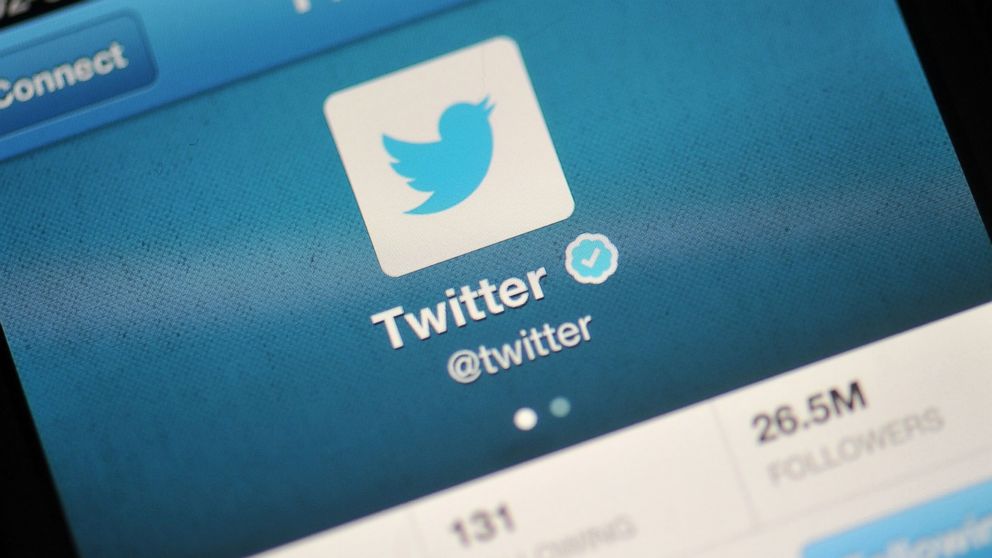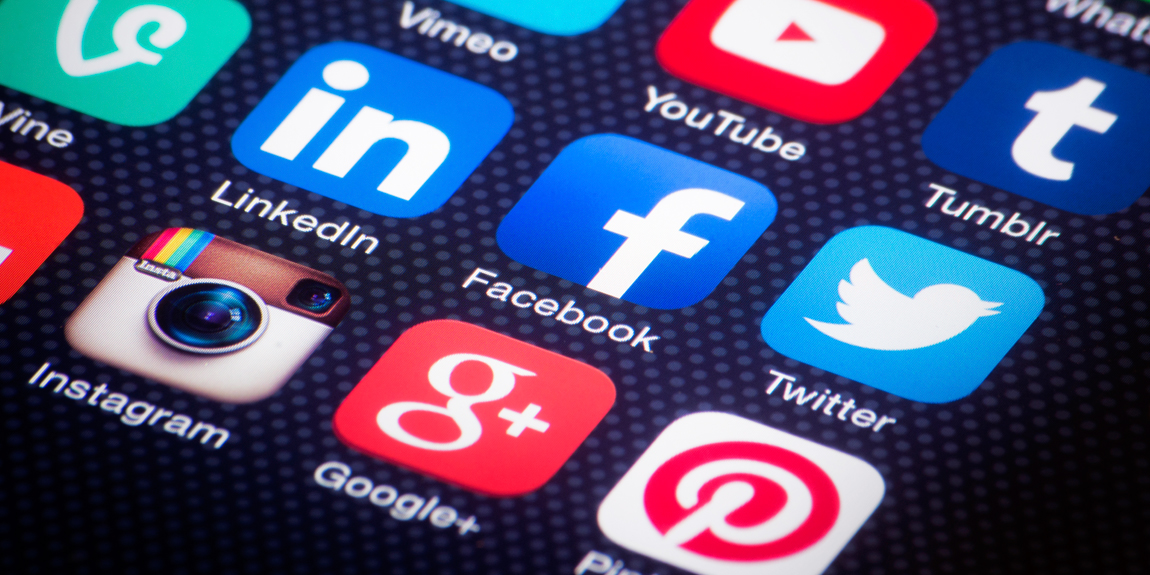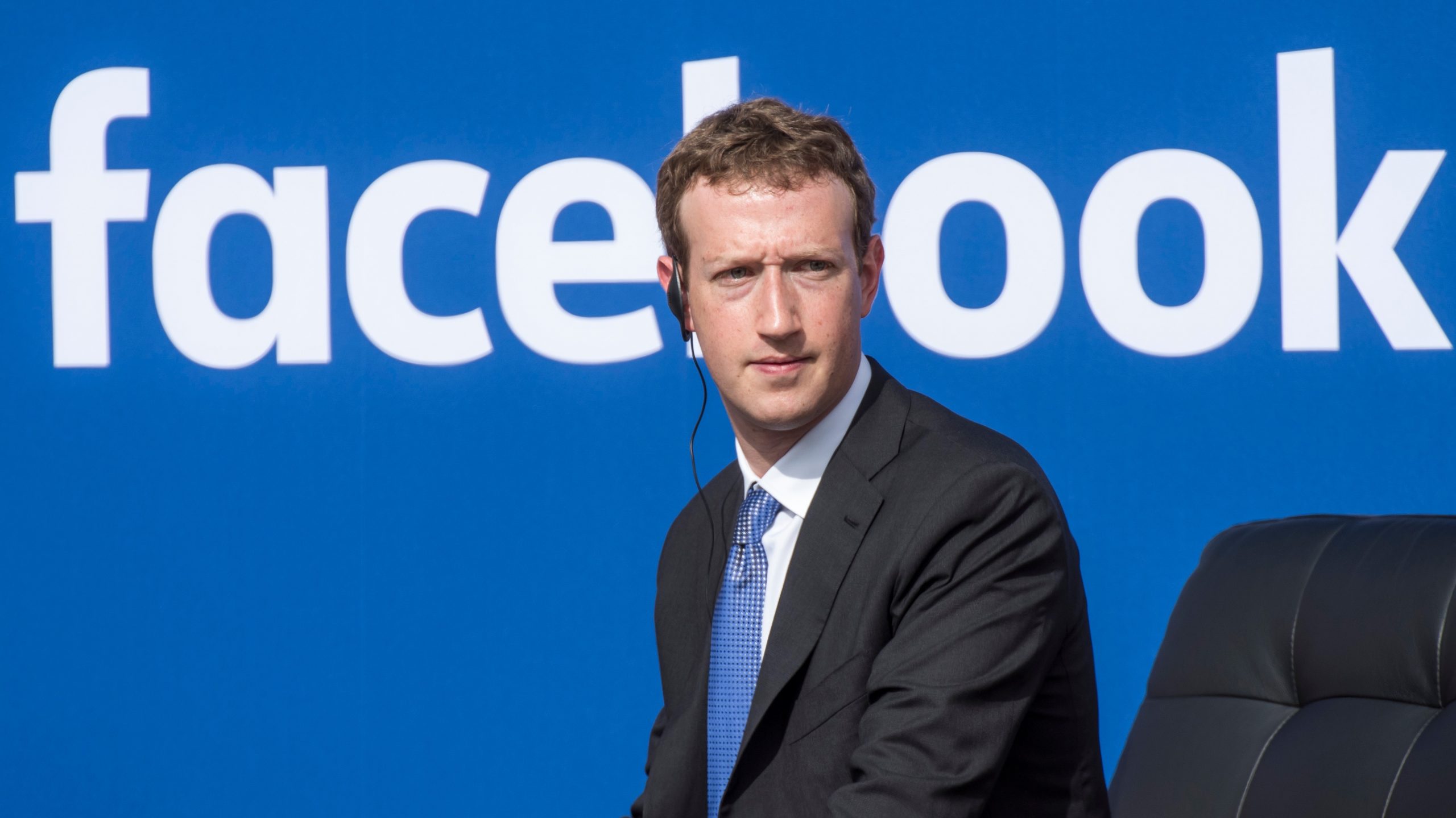On Monday two United Nations (UN) officials tasked with looking into abuses in Myanmar took shots at Facebook as part of a UN Human Rights Council hearing; with one of the officials referring to the social media platform as a “beast”.
When asked whether the platform was good or bad for the emerging democracy, UN special rapporteur Yanghee Lee told reporters it was both but had incited “a lot of violence and a lot of hatred against the Rohingya or other ethnic minorities”.
“And I am afraid that Facebook has now turned into a beast than what it was originally intended to be used in other parts of the world too,” she added.
In a written statement of his remarks, Chairman of a UN fact-finding mission on Myanmar, Marzuki Darusman, told the UN rights council that “hate speech and incitement to violence on social media is rampant, particularly on Facebook”.
Facebook has faced mounting pressure to snuff out inflammatory posts aimed at the Rohingya, a persecuted Muslim minority that the UN says are victims of army-led ethnic cleansing.
While the military campaign launched last August has been castigated abroad, it enjoys broad domestic support in a mainly Buddhist country where Islamophobia has been stewing for years.
A representation of the social media platform on Tuesday said Facebook is “seriously” fighting hate speech in Myanmar, following the blistering criticism from the UN officials.
“We take this incredibly seriously and have worked with experts in Myanmar for several years to develop safety resources and counter-speech campaigns.
“Of course, there is always more we can do and we will continue to work with local experts to help keep our community safe,” said the representative.
Meanwhile, Myanmar’s government has also accused Rohingya activists of spreading misinformation about the conflict online to garner global sympathy for their plight.
In late January Facebook removed the page of popular anti-Rohingya monk Wirathu, and last year it regulated the use of the word “kalar” which is considered derogatory against Muslims.
Facebook has seen a meteoric rise in Myanmar, a fledgeling democracy shaking off 50 years of brutal junta rule.
But it has drawn criticism for a take-off that has coincided with a rise in ethnically-charged hate speech and violence, particularly in Rakhine state.
Calls for action have grown louder since the Rohingya crisis erupted last year, sending some 700,000 of the minority fleeing across the border since August.


